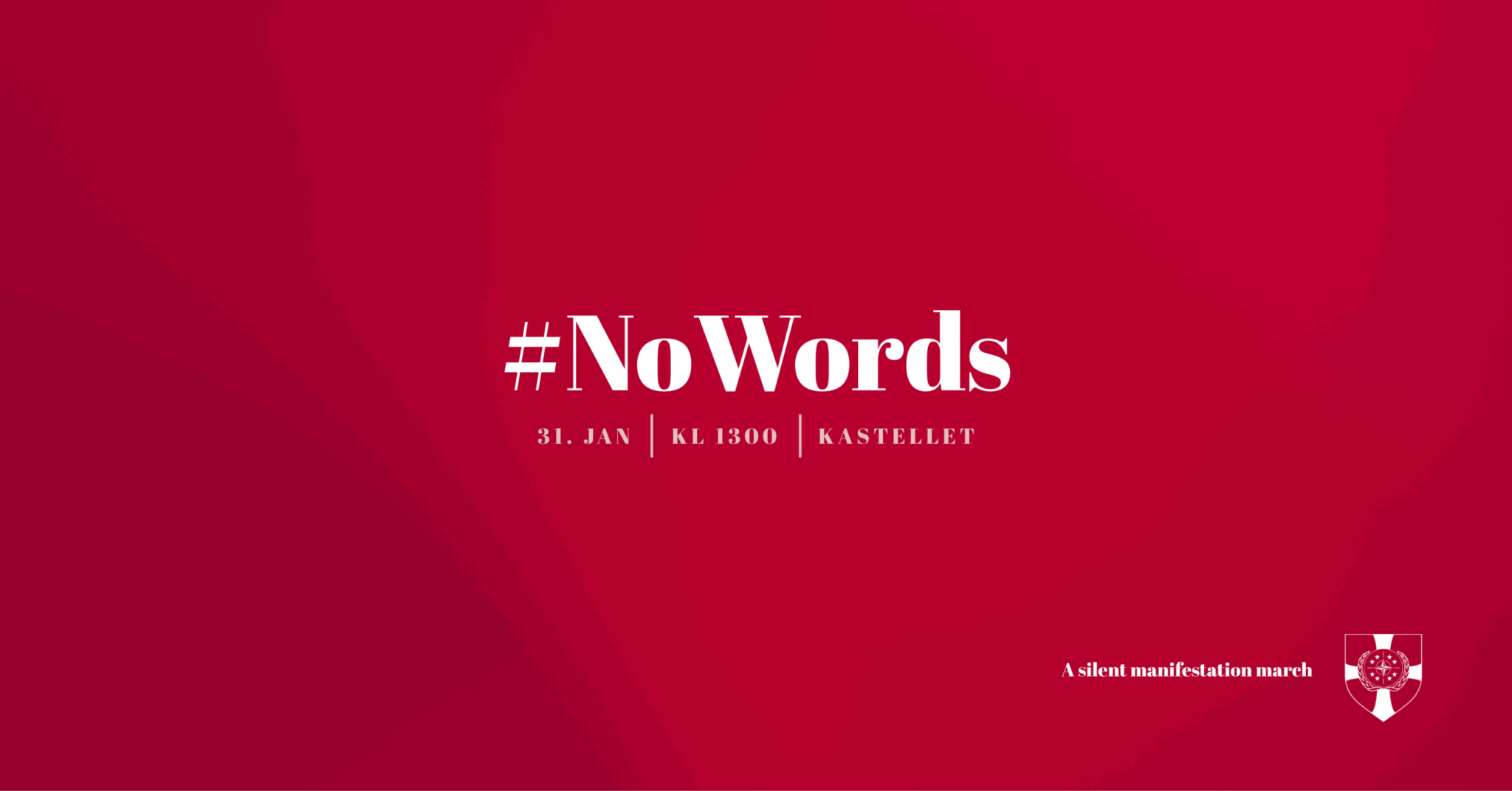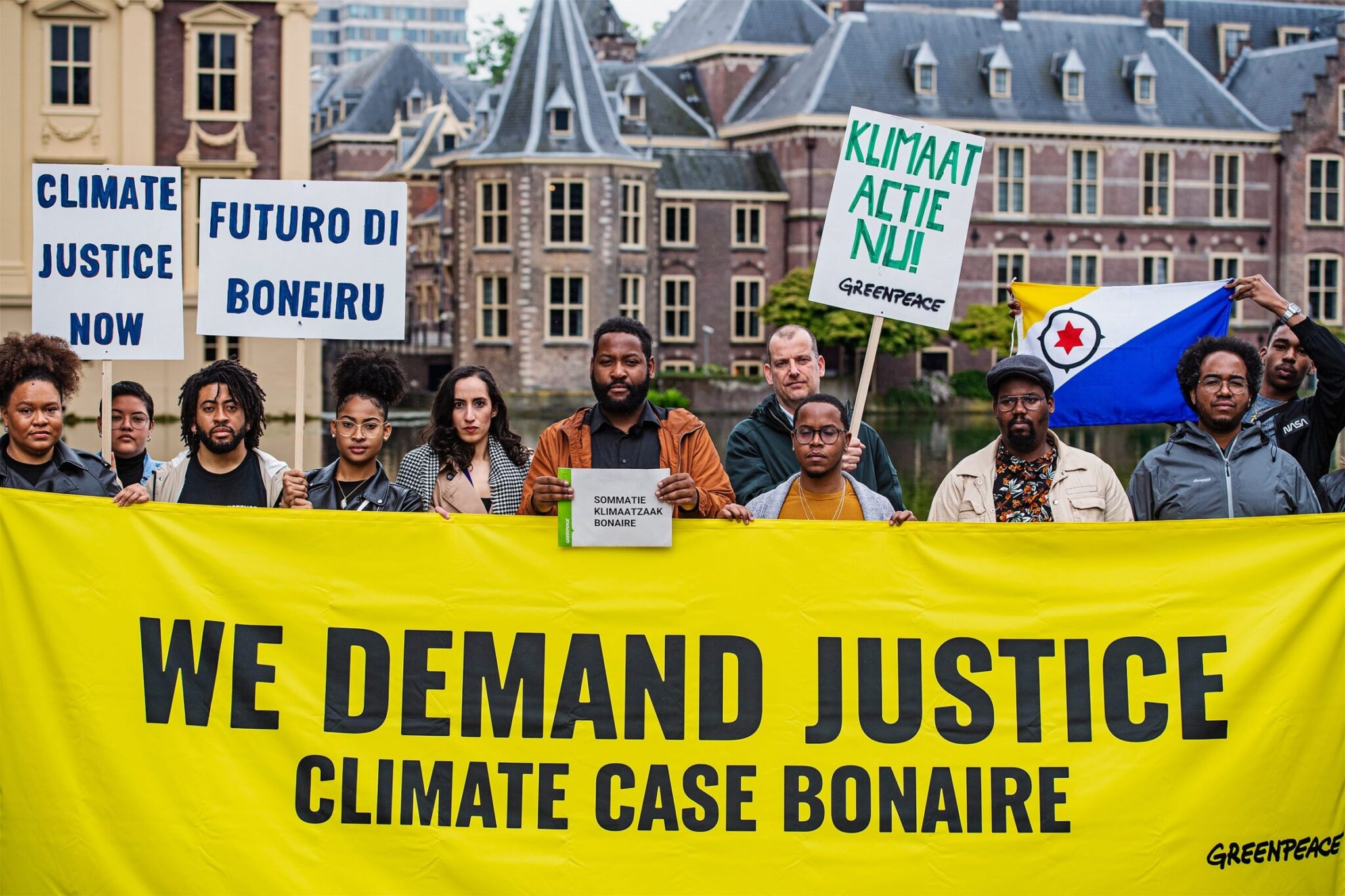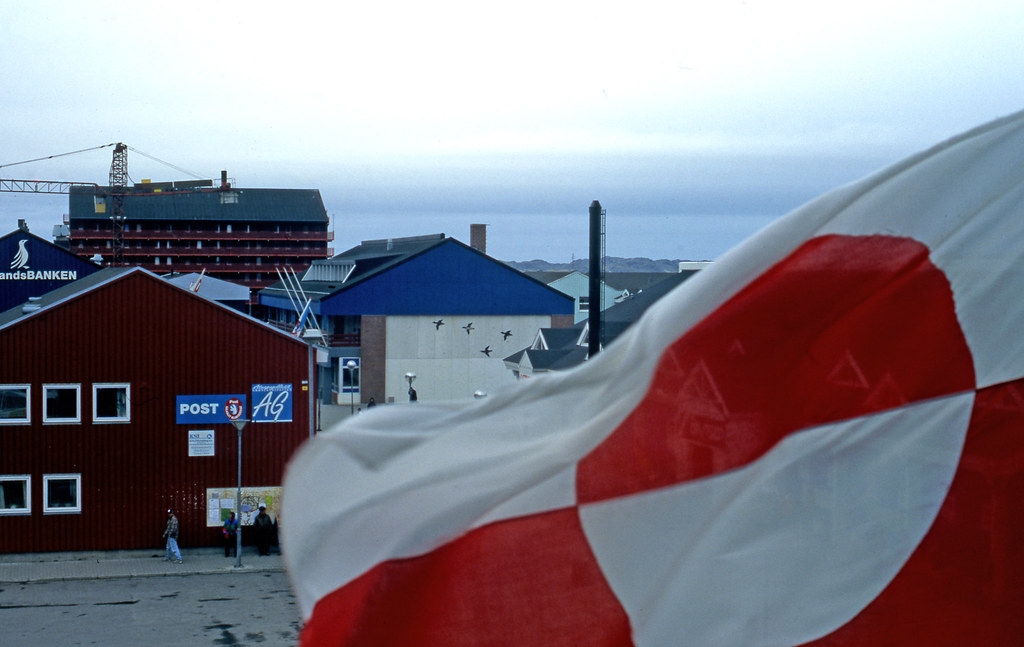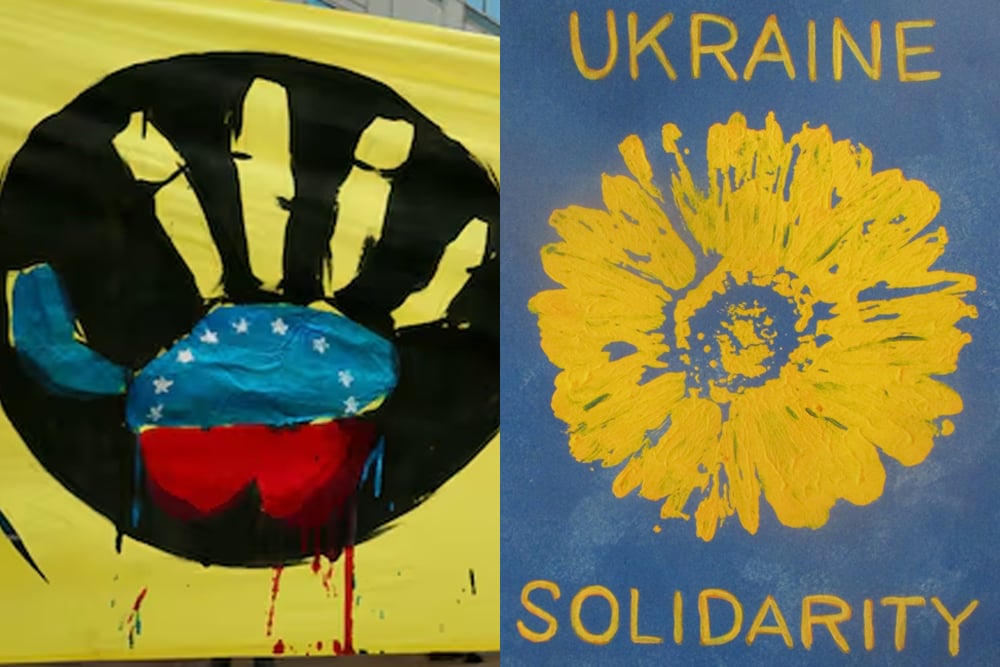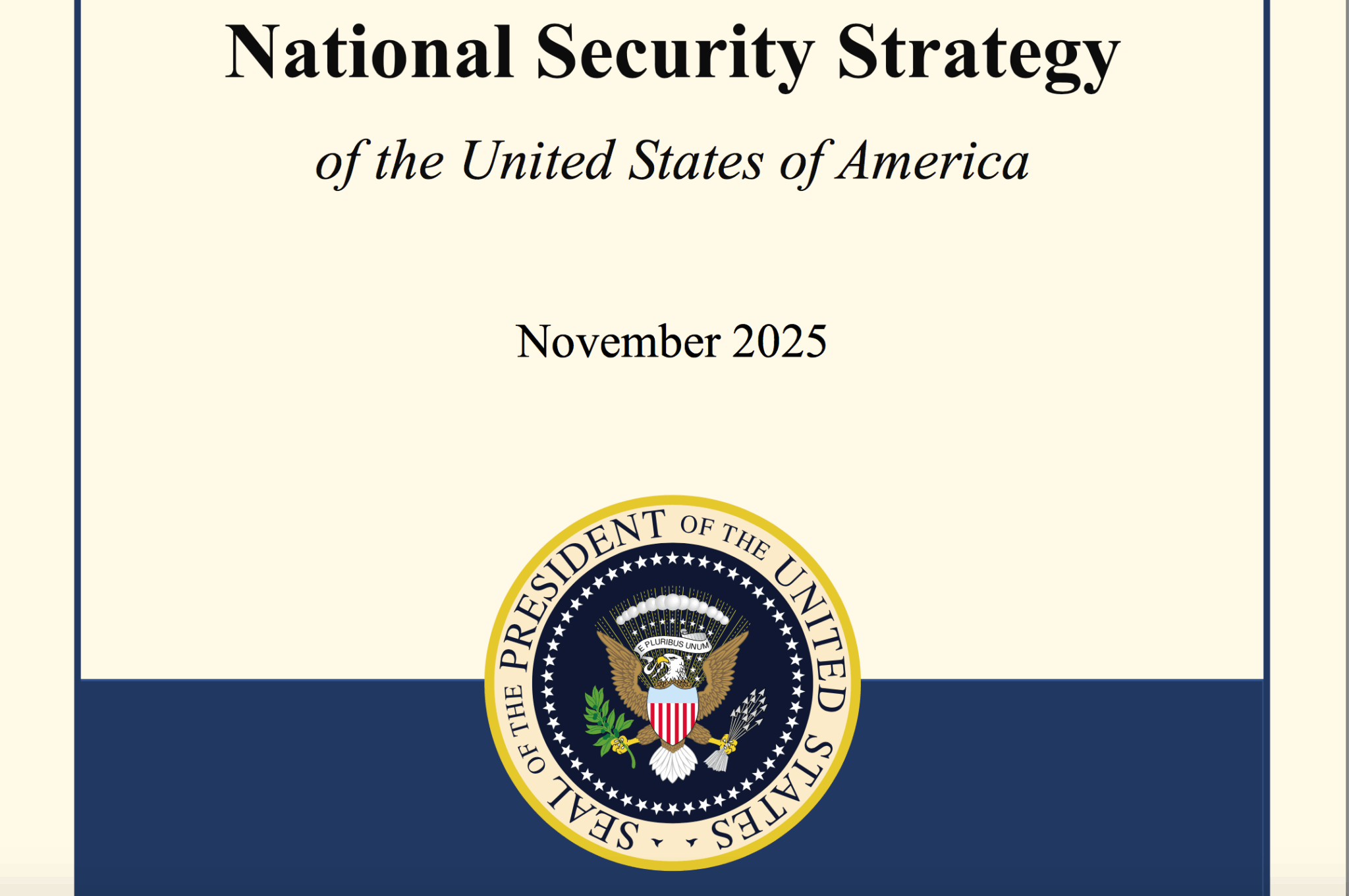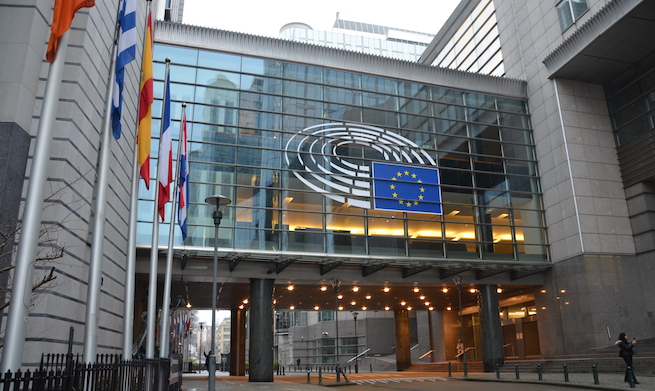
UN denounces Russian conviction of ICC prosecutor
UN human rights experts decried Russia’s conviction of nine International Criminal Court (ICC) officials, calling the ruling a “flagrant violation of international law.” After a trial held in absentia, the Moscow City Court sentenced Prosecutor Karim Khan and eight ICC judges under the Russian Criminal Code for “unlawfully prosecuting Russian citizens in The Hague,” and subsequently placed them on an international wanted list. Prosecutor Khan received a 15‑year prison term, with the others receiving sentences of between three and 15 years. The case concerns the arrest warrants issued by the ICC for President Vladimir Putin and one of his cabinet members on war crimes charges. (Photo: Wikipedia)



